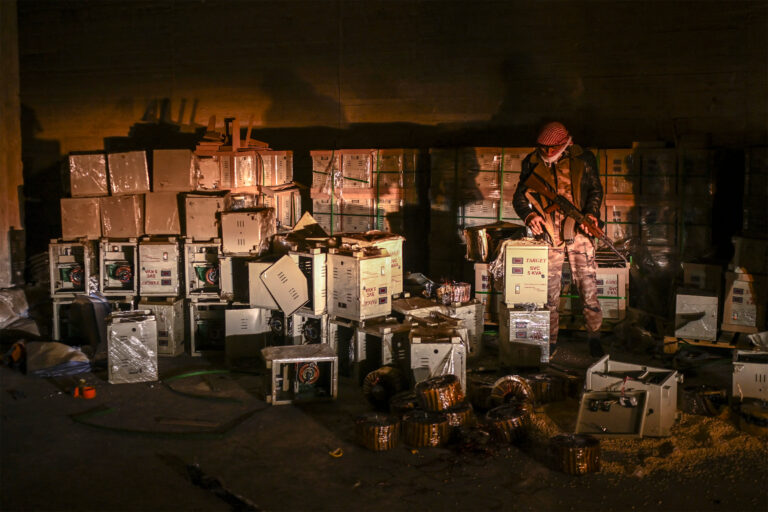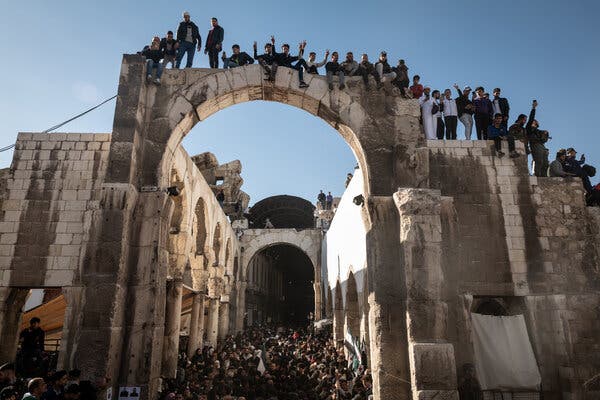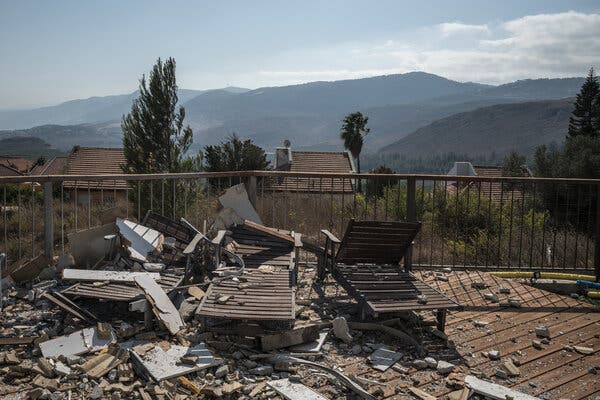In 32 years in charge of Hezbollah, Mr. Nasrallah, 64, has built the Iranian-backed militia into an influential force in Lebanon and a potent adversary of Israel.

For almost two decades, Hassan Nasrallah, the secretary general of Hezbollah — who was targeted in an Israeli attack on Friday and whose status remains unclear — has avoided public appearances out of concern that he would be assassinated.
The beard beneath the black turban marking him as a Shiite Muslim cleric has turned almost white over his 32 years in charge of Hezbollah, during which time Mr. Nasrallah, 64, has built it into a potent force. Hezbollah has become both a political organization that holds sway in the fractious, dysfunctional efforts to govern Lebanon and an army equipped with ballistic missiles that can threaten Tel Aviv.
The leader of the strongest militant group that Iran has helped to create in the region, Mr. Nasrallah has extended its reach well beyond Lebanon. Hezbollah fighters were instrumental in shoring up the government of President Bashar al-Assad next door in Syria when it was threatened by a popular uprising that started in 2011. Designated as a terrorist organization by the United States, Hezbollah has helped to train Hamas fighters, as well as militias in Iraq and Yemen.
Mr. Nasrallah is known, according to Arab tradition, as Abu Hadi or father of Hadi, after his eldest son, who was 18 when he died, in September 1997, in a firefight with the Israelis. Mr. Nasrallah has at least three other children.
He is believed to live modestly and rarely socializes outside Hezbollah’s ruling circles, eschewing public appearances and the telephone since the 2006 war against Israel. That war, which was set off when Hezbollah captured two Israeli soldiers during a cross-border raid, ended after 34 days of combat with both sides declaring victory. Afterward, Hezbollah was lauded across the Arab world, and took on an increasingly active role in conflicts around the region.



